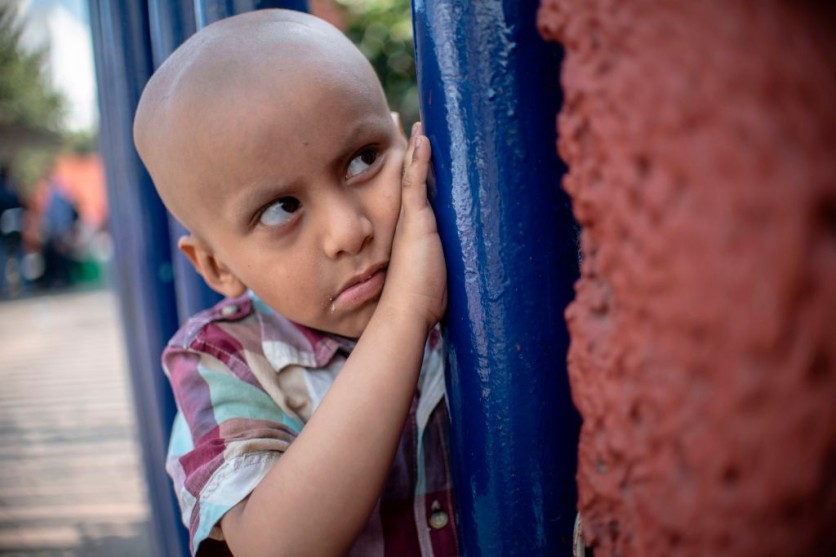
Experts found childhood cancer survivors have a significant chance of developing serious health problems later in life.
Though medical improvements have allowed 85 percent of US children with cancer to survive five years or more, up from 58 percent in the 1970s, recent research published in the Journal of the American Medical Association indicated that 95% of childhood cancer survivors had a high chance of "significant health problems" connected to their disease or treatment by 45 years old.
Serious Health Problems Identified
In the study that examined 73 papers and included 39 cohort studies that followed patients over decades, health experts found that one-third of childhood cancer survivors will have "severe or potentially life-threatening chronic health problems," including hormone abnormalities, reproductive troubles, muscle and bone issues, and cognitive deficits, with endocrine, neoplastic, and cardiovascular conditions as the most common.
The Washington Post reported that researchers also found new malignancies in radiation-treated locations. Particularly concerning were the chest, brain, neck, and abdomen/pelvis radiation zones. Higher radiation dosage recipients were at greater risk of developing diseases such as breast cancer, malignancies of the central nervous system, and basal cell carcinoma.
Moreover, the kind of childhood cancer had a big impact on risk variables. The study indicated that brain tumor, cranial irradiation, and allogeneic hematopoietic stem cell transplant patients have the highest risk.
Read Also : Super Strength Street Drug Nitazenes 500 Times More Potent Than Morphine Blamed for 6 Ireland Deaths
Childhood Cancer Survivors Face Mental Health, Heart Problems
Another issue for childhood cancer survivors is mental health, with depression rates of 2.3 to 40.8 percent, much higher than the national average of 9.6 percent. They had a greater suicide risk, especially those 28 and older. Adults who survived childhood cancer had a 1.4-fold higher suicide risk than the overall population.
In a Stat News report, University of California Irvine professor Joel Milam commented that "young cancer survivors suffer from numerous late effects," noting that while physical late effects have received significant attention, mental health issues should not be overlooked.
Moreover, DAIC reported that Cardiopulmonary exercise testing (CPET), used in a different study headed by Nemours Children's Health, was discovered to be able to identify early indicators of cardiovascular issues in childhood cancer survivors who were asymptomatic.
Takeshi Tsuda, MD, a pediatric cardiologist at Nemours Children's Health in Delaware, served as the lead author and emphasized the changing emphasis in pediatric cancer care. In addition to treating children with cancer, the expert stressed the need to help childhood cancer survivors live long.
Nearly 80% of childhood cancer patients survive into adulthood, but many have serious cardiovascular difficulties in middle age, lowering their life expectancy by 20-30 years.
In light of these findings, experts advise that childhood cancer survivors get lifelong care that emphasizes health promotion and the early diagnosis of any problems resulting from their cancer treatment in light of these continuing risks. They also encourage childhood cancer survivors to undergo yearly physical examinations and preventative care and for doctors to advise them about treatment's long-term consequences.

ⓒ 2025 TECHTIMES.com All rights reserved. Do not reproduce without permission.




